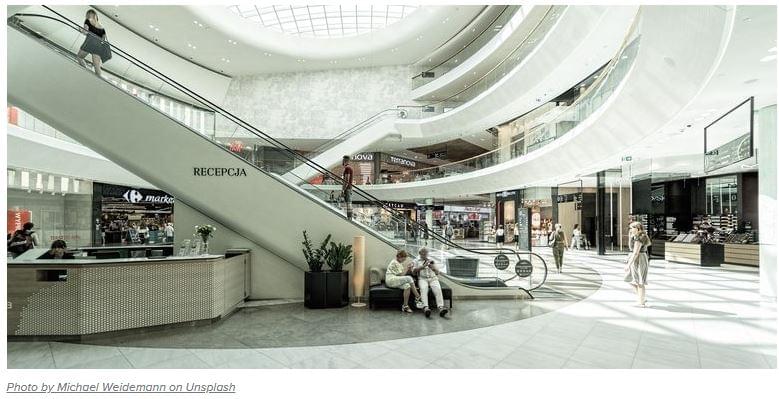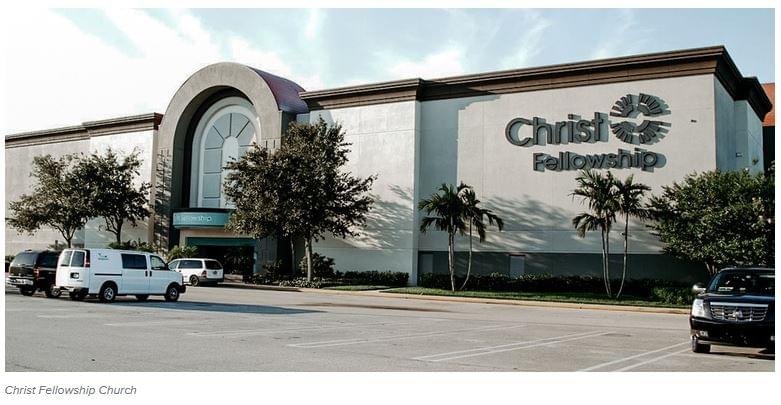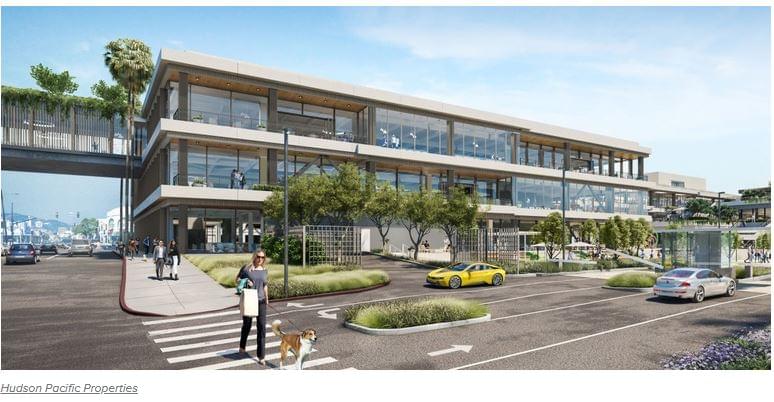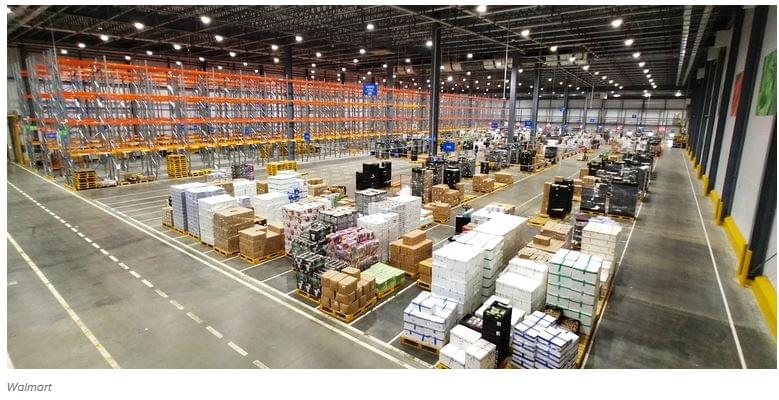The rebirth of shopping malls in the US
With lots of square footage and tons of parking, shopping centers are rethinking ways to give their centralized locations new life.

The traditional concept of the mall is fading away. Once an epicenter of the suburban lifestyle, the shopping mall’s purpose and importance have slowly been transforming. E-commerce reached new heights, while mall traffic plummeted as consumers stayed inside to help limit the spread of COVID-19.
All is not lost. Malls, even those on the brink of extinction, still have enormous square footage and tons of parking — two things that make locations appealing for other types of ventures. Here are five innovative ways complexes are reinterpreting the definition of the mall.
COVID vaccination sites and medical spaces
The United States now needs is centralized spaces where people can receive COVID-19 vaccinations. Malls and empty department stores may be a perfect answer to that particular logistical conundrum. That’s what’s happening at the former Sears at Livingston Mall in Livingston, New Jersey, a Sears parking lot in Riverside, California, and at University Mall in Tampa, Florida, which have all turned into vaccination spots for locals.

But, it’s not just temporary clinics that are setting up in retail. Healthcare providers are looking to retail centers as plausible spaces for their services, according to a 2019 JLL Research report. “Primary care, specialty care or oncology all are finding success in retail centers,” the report found.
Gamer headquarters
Epic Games, operator of the blockbuster game Fortnite, bought Cary Towne Center this year in Cary, North Carolina, with the intention of converting the mall property to its campus by 2024.
The company, which has been located in Cary for over two decades, is only moving a few miles from its current headquarters. But, the deal to purchase the mall is giving the video game company ample space — namely 980,000 square feet and 87 acres — for its offices and community space.

Churches
In the late ’90s Lakes Church n Lakeland, Florida, purchased an entire mall. Several other churches have claimed mall real estate as their homes, with some taking over entire buildings while other congregations have claimed only sections of the building, like former department store locations. With centralized locations and cost advantages, malls can be well suited as property for some congregations.

Office space
Google announced in 2019 that it agreed to lease Westside Pavilion shopping center in Los Angeles for its office campus, dubbed One Westside. The mall is expected to be fully converted by 2022.

Hudson’s Bay reportedly has plans to redevelop the Lord & Taylor store at the King of Prussia Mall into office space, according to a Philadelphia Business Journal report from late January.
If a portion of the mall is converted into offices or co-working spaces, landlords and remaining stores largely hope that those efforts will drive traffic to stores and restaurants that are in the same location.
Warehouses and fulfillment centers
As traffic continues to taper off at malls, some locations have transformed spaces into warehouses for retail fulfillment. This trend started prior to the pandemic, but as e-commerce has intensified due to COVID-19, so has the shift to accommodate online operations.
E-commerce requires three times the logistics space of traditional storefronts, according to a 2020 report from Prologis. That necessitates the need for fulfillment locations in well-located logistics areas.
Even Walmart is considering the adaptation of some of its store space into areas for fulfillment. Last month, the big-box retailer said it plans to scale “the number of stores that will also serve as local fulfillment centers.”

Amazon was reportedly in talks with mall operators to turn department stores — including Sears and J.C. Penney locations — into fulfillment centers, according to a Wall Street Journal report from August.
Although former retail spaces may not come with perfect infrastructure for all these purposes, reconfiguring the space is possible. Many Hungarian shopping malls already operate with this model, they have office wings, event centers, gamers’ rooms and healthcare providers.
Related news
Aldi: another major American expansion is coming – store openings, logistics and delivery
🎧 Hallgasd a cikket: Lejátszás Szünet Folytatás Leállítás Nyelv: Auto…
Read more >Trump’s tariff cuts could reshape the global food market
🎧 Hallgasd a cikket: Lejátszás Szünet Folytatás Leállítás Nyelv: Auto…
Read more >Related news
It isn’t about Rossmann this time
🎧 Hallgasd a cikket: Lejátszás Szünet Folytatás Leállítás Nyelv: Auto…
Read more >II. Green Gastronomy – Marketing Communication Workshop organized by the MMSZ HoReCa and Green Section
🎧 Hallgasd a cikket: Lejátszás Szünet Folytatás Leállítás Nyelv: Auto…
Read more >









